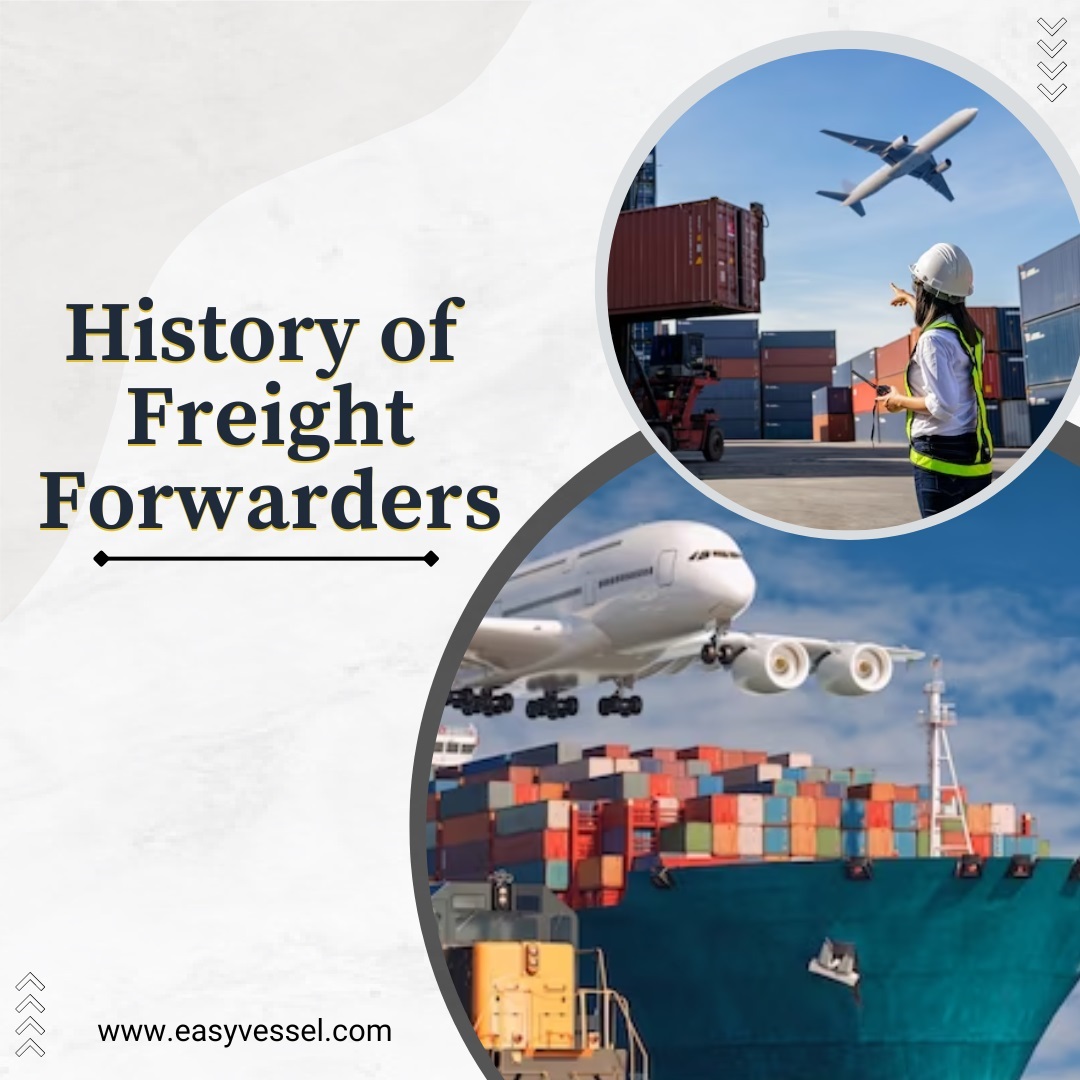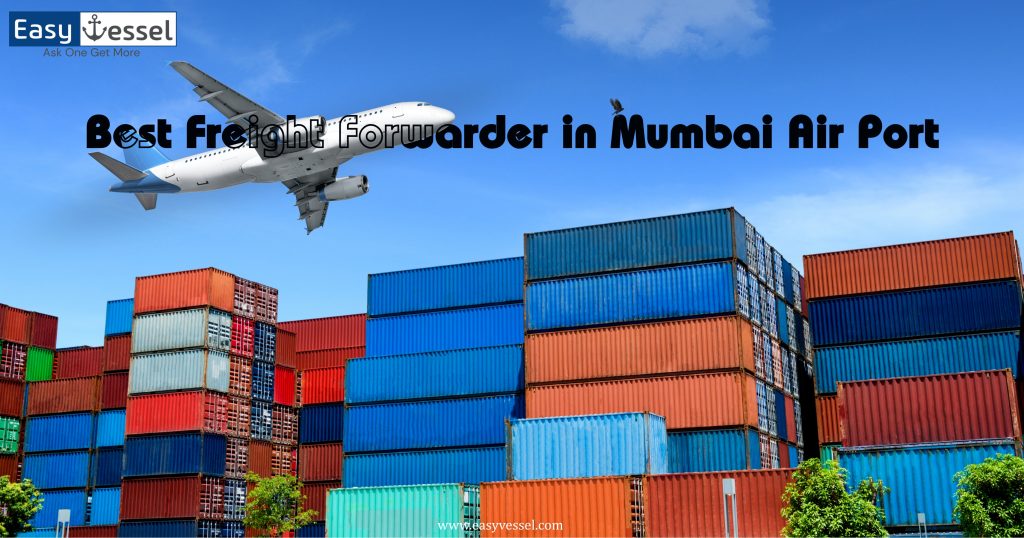What is a Freight Forwarder
A freight forwarder is the process of arranging the transportation of goods from one location to another. Freight forwarders act as intermediaries between shippers and carriers, and they provide a range of services, including:
Booking Space on Carriers: Freight forwarders have relationships with carriers, and they can help you book space on the best available flights, trains, ships, or trucks.
Customs Clearance: Freight forwarders can help you with customs clearance, which is the process of getting your goods through customs when they arrive in a new country.
Documentation: Freight forwarders can help you with the documentation that is required for international shipping, such as bills of lading and export declarations.
Insurance: Freight forwarders can help you get insurance for your goods, which will protect you in case they are lost or damaged during transit.
Warehousing: Freight forwarders can also provide warehousing services, which means that they can store your goods in a secure location until they are ready to be shipped.
In history of freight forwarding can be a complex process, but it can be a great way to save time and money. If you are shipping goods internationally, it is a good idea to use a freight forwarder.
Here are some of the benefits of using a freight forwarder:
Expertise: Freight forwarders have expertise in the international shipping industry, and they can help you navigate the complex regulations and procedures.
Cost Savings: Freight forwarders can often negotiate better shipping rates than you could on your own.
Peace of Mind: Freight forwarders can take care of all the details of the shipping process, so you can rest assured that your goods will arrive safely and on time.
Origin of Freight Forwarder:
- The origin of freight forwarders can be traced back to the 18th century.
- The first freight forwarders were innkeepers who helped their guests transport their belongings.
- In the early days, freight forwarders were simply middlemen who contracted with carriers to transport goods.
- However, as the industry grew, freight forwarders began to offer a wider range of services, including customs clearance, documentation, and insurance.
- One of the earliest freight forwarders was Thomas Meadows and Company Limited of London, England, established in 1835.
- According to “Understanding the Freight Business,” written and published by the executive staff of Thomas Meadows and Company in 1972, the advent of reliable rail transport and steamships created demand for the fledgling freight forwarding industry.
- Trade developed between Europe and North America, creating additional demand.
- The first international freight forwarders were innkeepers in London who held and re-forwarded the personal effects of their hotel guests.
- The original function of the forwarder was to arrange for carriage by contracting with various carriers.
- Forwarder responsibilities included advice on documentation and customs requirements in the country of destination.
Today, freight forwarders are an essential part of the global supply chain, and they play a vital role in ensuring that goods are transported safely and efficiently.
Standardization and Global Expansion:
- In the early 20th century, freight forwarders began to adopt standardized practices and procedures.
- International organizations, like the International Chamber of Commerce (ICC), established rules and regulations to govern the freight forwarding industry.
- These standardizations brought consistency and reliability to the industry, further enabling global trade.
Technological Revolution:
- The late 20th century witnessed a significant technological revolution that revolutionised the freight forwarding industry.
- The emergence of computers, the internet, and electronic communication systems transformed the way forwarders operated.
- Digital platforms and software solutions enabled faster communication, streamlined documentation processes, and enhanced visibility throughout the supply chain.
Modern Challenges and Adaptations:
- In today’s globalized and interconnected world, freight forwarders face new challenges and opportunities.
- The industry must navigate complex regulatory environments, increasing customer expectations, sustainability concerns, and advancements in technology.
- To adapt, modern freight forwarders embrace digitalization, leveraging automation, data analytics, and cloud-based platforms to optimize operations, enhance customer experiences, and improve sustainability.
The Future of Freight Forwarding:
- Looking ahead, the future of freight forwarding holds exciting possibilities.
- The freight forwarding industry is poised for exciting changes with advancements like AI, blockchain, and IoT.
- These innovations will enhance efficiencies, transparency, and transform the transportation and management of goods.
- These innovations promise increased efficiency, improved security, and enhanced visibility across the supply chain.
- Additionally, freight forwarders are expected to play a critical role in facilitating e-commerce logistics as online retail continues to grow.
Conclusion:
Overall, Freight forwarders have played a vital role in the development of international trade. They have helped businesses to navigate the complex world of international shipping and to find the best shipping rates.
As the global economy continues to grow, the demand for freight forwarding services is likely to increase. Freight forwarders will need to adapt to the changing needs of their customers and to the latest technologies.
If you are shipping goods internationally, it is a good idea to use a freight forwarder. They can help you save time, money, and hassle. so, visit easyvessel for get more benefits.
References:
Freight forwarder By Wikipedia [1].
FAQ’s
The history of forwarders can be traced back to the 18th century when the first freight forwarders emerged as innkeepers who assisted their guests in transporting their belongings. As international trade expanded, the role of forwarders evolved to meet the growing demand for arranging the transportation of goods across borders.
The first freight forwarder was Thomas Meadows and Company Limited of London, England, established in 1835. According to “Understanding the Freight Business,” written and published by the executive staff of Thomas Meadows and Company in 1972, the advent of reliable rail transport and steamships created demand for the fledgling freight forwarding industry. Trade developed between Europe and North America, creating additional demand. The first international freight forwarders were innkeepers in London who held and re-forwarded the personal effects of their hotel guests.
The history of freight forwarding can be traced back to the 18th century. The first freight forwarders were innkeepers who helped their guests transport their belongings. As international trade grew, so did the need for freight forwarders who could arrange for the transportation of goods across borders.
The first freight forwarding company, Thomas Meadows and Company Limited, was established in 1835.



